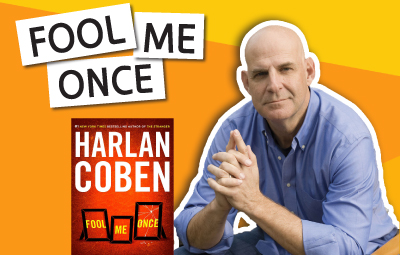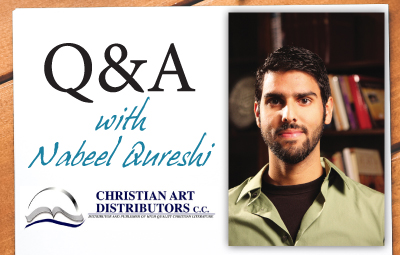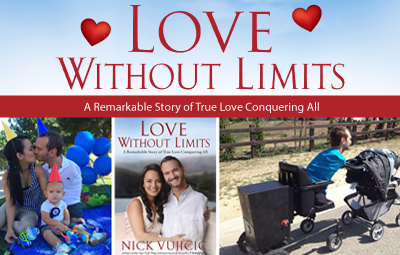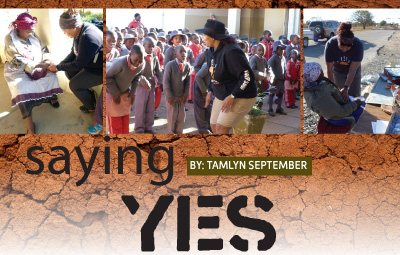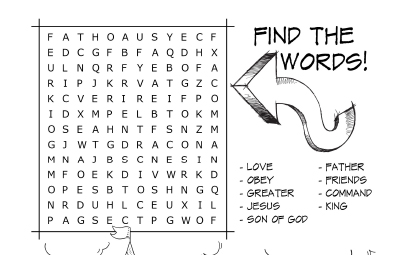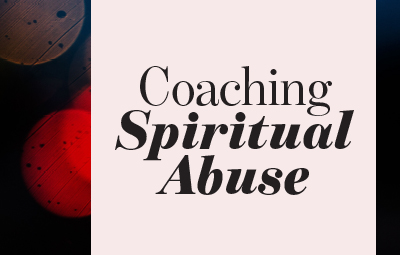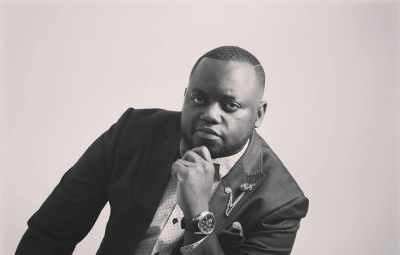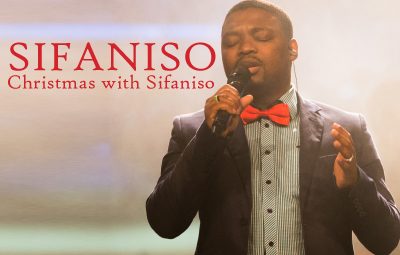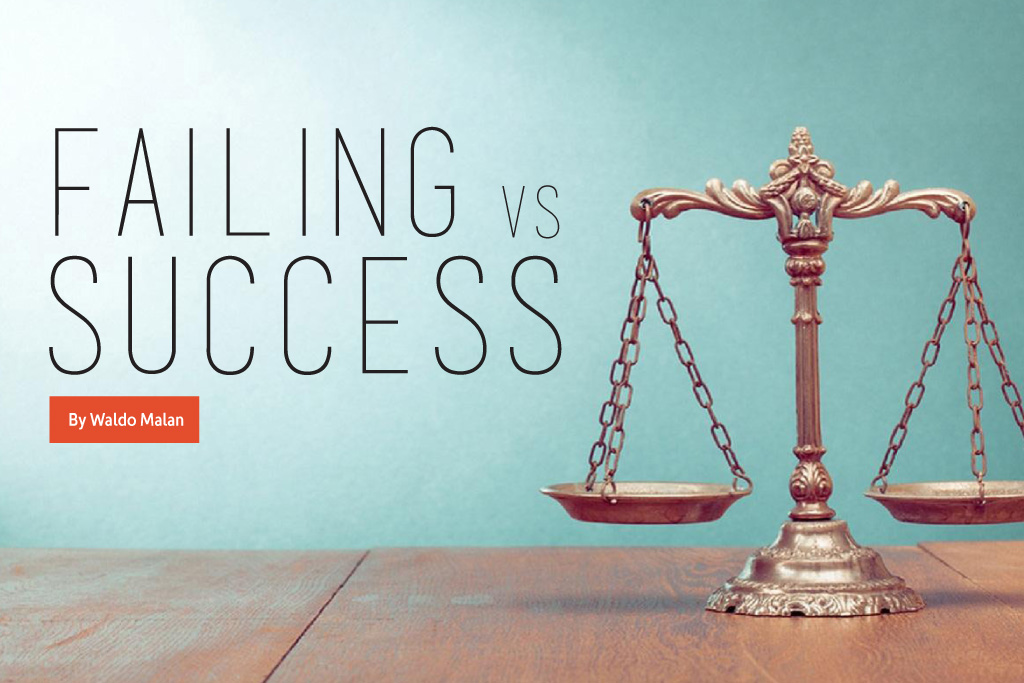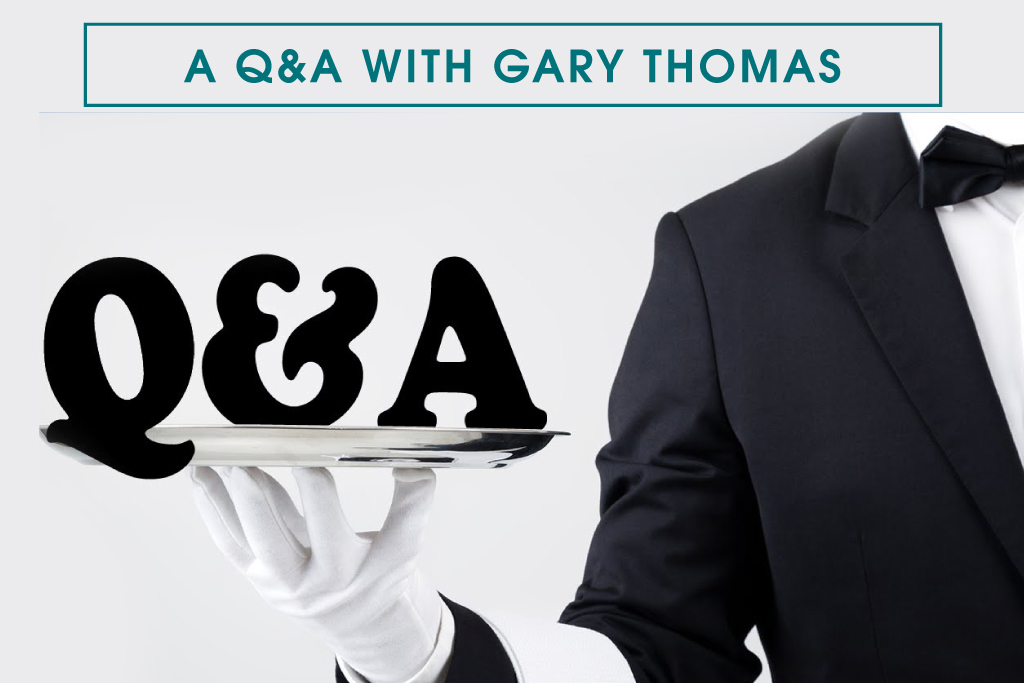
1. When did you first get the idea and prompting to write the book Cherish?
Not intending to sound too mystical, but I honestly believe the thought of focusing on "cherish" was a call from God. It dawned on me that though we pledge to "love and cherish" in our wedding vows (at least in the United States), 99.9% of marriage books focus on love, not on cherish. I lived with this idea and practice for a couple years in my own marriage and began writing down my thoughts when I saw the fruits.
2. Why do you think that the wedding vow "to cherish," isn't widely concentrated/focused on?
Love really is the backbone of marriage, so it's reasonable for us to focus on love. But love without cherish can become like a ballet that focuses on the strengths and athletics without the grace and beauty. We need to keep cherish in mind so that we don't lose the wonder of what God calls us to in marriage.
3. Do you believe that once a married couple truly knows how to cherish one another that there could be 100% healing after such devastation as an affair?
In the face of true repentance, yes. I just talked to a couple last week that overcame an affair. The wife told me that while they hate what happened and wish it hadn't happened, they also would never want to go back to what their marriage was like before the affair. In this instance, the husband was really and truly repentant and was duly accountable, and cherishing was thus an appropriate and effective remedy to rebuild their marriage.
The reality is, we all want to be cherished, and we all want to cherish the one we marry. When that happens it can create an entirely new marriage. In the book, I tell the story of a man who was married to a woman who died of cancer. He then remarried a second wife who also died of cancer. Terry tells me his second marriage was much richer than his first not because his second wife was more excellent than his first wife - he doesn't believe that at all - but because his attitude in his second marriage was so different. In the second marriage, he learned to cherish his wife and it made all the difference. It led him to a much closer, happier, and more fulfilling marriage.
4. Can you share an incredible testimony from one of your readers of their marriage being healed?
I think the one that moved me most was when a couple lifted up their baby and said, "We call her our 'sacred marriage baby.'" The wife had decided she wanted a divorce and had procured an apartment to move to. The husband went to his pastor, who gave him a copy of Sacred Marriage. As the wife was packing her things, she knocked her husband's copy of Sacred Marriage onto the floor and it landed face up. She read the subtitle, "What if God designed marriage to make us holy more than to make us happy?" and was intrigued enough to begin reading.
Several hours later, she woke her husband up and said she wanted to give their marriage another try. She never moved out, eventually got pregnant, and that's the baby they showed to me. They told me, "This little girl would never have been born if we hadn't read your book."
5. Is there a short answer to the difference between actions to love & to cherish?
This might not be a short answer, but it helps to examine how the Bible defines "love" in 1 Corinthians 13 and compare that with the concept of cherishing in Song of Songs:
Love is about being gracious and altruistic. "Love is patient, love is kind." (1 Cor. 13:4) Cherish is about being enthusiastic and enthralled. "How much more pleasing is your love than wine, and the fragrance of your perfume more than any spice." (Song of Songs 4:10)
Love tends to be quiet and understated. "[Love] does not envy, it does not boast." (1 Cor. 13:4)
Cherish boasts boldly and loudly: "My beloved is radiant and ruddy, outstanding among ten thousand." (Song of Songs 5:10) Love thinks about others with selflessness. "Love is not proud. It does not dishonor others, it is not self-seeking." (1 Cor. 13:4-5) Cherish thinks about its beloved with praise. "Your voice is sweet and your face is lovely." (Song of Songs 2:14)Love doesn't want the worst for someone: "Love does not delight in evil." (1 Cor. 13:6)
Cherish celebrates the best in someone: "How beautiful you are, my darling! Oh, how beautiful!" (Song of Songs 1:15)Love puts up with a lot: "[Love] always hopes, always perseveres." (1 Cor. 13:7)
Cherish enjoys a lot. "His mouth is sweetness itself; he is altogether lovely." (Song of Songs 5:16)Love is about commitment. "Love endures all things. Love never fails" (1 Cor. 13:7-8; ESV)
Cherish is about delight and passion. "Your name is like perfume poured out." (Song of Songs 1:3)Love and cherish never compete - they complement each other and even complete each other.
6. Where is your favourite place to write?
My office, preferably with a cup of chai tea nearby.
7. Have you any advice to aspiring authors wanting to tackle the marriage theme?
One of the greatest challenges is that there are so many books out there on marriage that you need to find a distinct voice and purpose. Sacred Marriage was different due in part to my limitations - I'm not a trained therapist so I couldn't write another "how to" book. Instead, I explored how God uses marriage to shape us spiritually. I'm asked to endorse many books and the main problem is that so many try to be a "one size fits all" marriage book: they contain a chapter on communication, finances, spiritual intimacy, sex, conflict, etc. The problem is, I feel like I've read those books/chapters dozens of time. Find a unique angle - something that hasn't been addressed - and bring your unique voice to it.
8. Who is your greatest critic?
Myself.
9. Which authors do you love to read?
I love to read the Christian classics: Calvin, Francis de Sales, John Owen, Pascal, Brother Lawrence, Fenelon, William Law, Jonathan Edwards, John Wesley, C.S. Lewis, Tozer, and many others. For contemporary writers, I'm a big fan of N.T. Wright and John Ortberg.
10. Do you believe knowing your spouse's love language will enable you to cherish your spouse in a specific way suitable to them?
Yes. I believe the 5 Love Languages can be a very helpful and effective way to cherish your spouse. Cherishing is all about the "particular." It means different things to different spouses. If you want your spouse to feel cherished, you need to find out what makes them feel cherished.
11. Can you describe one or two practical ways that you, Gary, cherish your wife Lisa?
Here's the foreword Lisa wrote that might answer this in her own words:
I know what it feels like to be cherished. A warm hand covering my cheek, maybe with a little eye contact. A gentle back rub. A cup of coffee by my bedside when I wake up in a hotel room. Words of affirmation, beyond what I deserve, sometimes even spoken in a room full of strangers. A hand pressed on the small of my back. A gas tank that remains miraculously full. Soft words when a harsh response might have been justifiable. Some of these things might make you feel annoyed rather than cherished! Cherishing takes on different forms for each of us, but for me, it is the little acts that leave me feeling adored, safe, worth the effort. Just hearing the word cherish makes me want to hug Gary, give him a kiss on the cheek, and say thank you.
12. What have you learnt the most about your marriage after publishing your first marriage book?
A good marriage takes a lot of work, but it's worth the work. To be married and not work on your marriage often leads to misery. If you do the work to grow your marriage, the effort will repay you tenfold. A happy, close and intimate marriage is one of the best gifts in life.
13. In summary, what do you believe is the power of Cherish?
Cherishing teaches us to rely upon God and to prize our spouse in a way we never have before. When a spouse is cherished, the environment is set for him/her to grow in their beauty and excellence. Cherishing can be chosen and learned, and cherishing really can transform a good marriage into a great one, and a frustrating marriage into a satisfying one.
14. Are you writing another book now, can you share a sneak peek with us?
Yes, I'm working on a devotional to help engaged couples get spiritually prepared before their wedding day.


